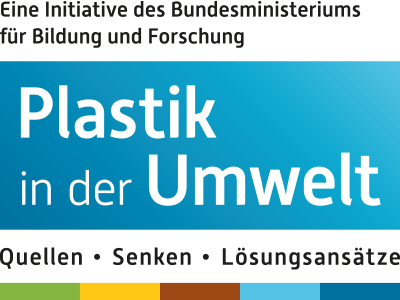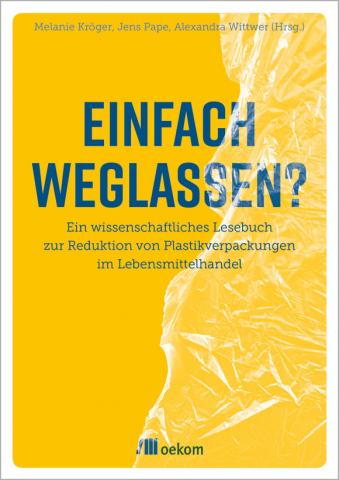Food packaging
Factsheet 4: Tracer-Based Sorting with Fluorescent Tracers - Efficient and flexible sorting of plastic packaging
The German Packaging Act calls for a significant increase in recycling rates for plastics. In order to be able to produce high-quality recyclates, plastic articles must be separated by type. However, there is currently a lack of satisfactory identification options for the many different plastics.
Factsheet 3: Purchasing unpackaged products - Results of a customer survey
We encounter plastic in many forms and functions in everyday life. Especially in supermarkets, extensive plastic packaging often catches the eye of consumers. However, the desire to shop with less packaging does not always translate into the use of more sustainable products.
Quiz: Plastic in the Environment – What do you know?
Plastic waste prevention at the municipal level
The discussion about plastic waste is anything but new for German municipalities. In fact, as early as the 1980s, numerous German municipalities were experimenting with plastic waste prevention regulations and waste prevention in general. A further impetus for plastic waste prevention was provided in the early 1990s with the discussions on the introduction of a nationwide packaging ordinance.
Environmental problem: plastic packaging
Numerous one- to two-person households, an increase in mail-order business as well as the popular "to-go" culture are causing a steady rise in the consumption of plastic packaging in Germany. While approximately 1.8 million tons of plastic were produced per year in 2000, this figure had already risen to 3.1 million tons by 2016.


